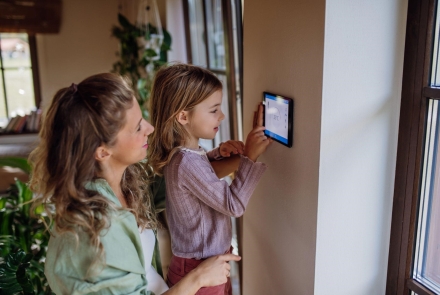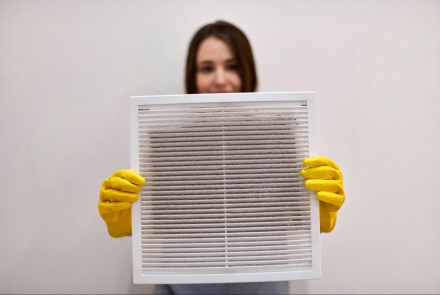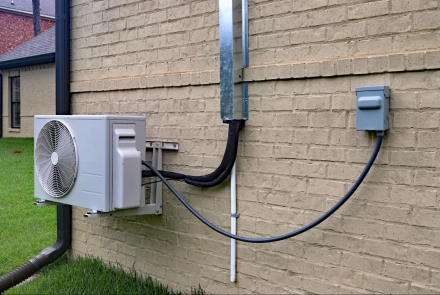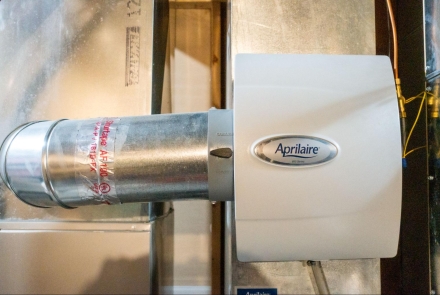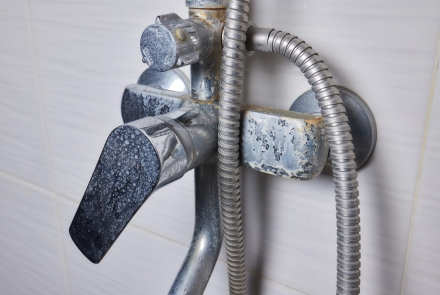How Your AC Affects Your Indoor Air Quality
Your AC does more than cool your home. It plays a vital role in maintaining the quality of the air you breathe. Air conditioning and indoor air quality go hand-in-hand.
Understanding how the two are linked can help determine whether your air conditioner needs maintenance or repairs. It can also show if it relates to health issues, like allergies.
The Link Between Air Conditioning and Indoor Air Quality
The air conditioner in your home controls and delivers air by pulling it through filters and ducts to remove heat and moisture. It then releases the cool air back into your home.
Because your AC system continuously circulates air, it directly affects the quality of the air you breathe. The state of your air conditioning system is important. It can either help or hurt your indoor air quality.
Does AC Improve Air Quality?
A well-maintained air conditioning system can help filter out dust, pollen, and pet dander. It also helps with humidity levels by removing moisture from the air that cycles into your home. This results in fresh, cleaner air flowing more evenly throughout your space. However, neglecting your system may spread allergens, pollutants, and even mold spores.
Common Indoor Air Problems Caused by Poor AC Maintenance
Clogged Air Filters
Your air filters are responsible for catching airborne particles. If they get dirty or clogged, they cannot filter out harmful allergens, which can then return to your home.
Mold and Mildew
A poorly maintained cooling system will not effectively remove moisture from the air. Too much humidity in your home can cause mold and mildew to grow, harming your health and the safety of your home.
Dirty Ductwork
Your ducts are part of your AC system. If they are not cleaned, they can become filled with dust, hair, dander, and other contaminants, which can be pushed back into your home when your AC turns on.
Poor Ventilation
The insulation in your home plays a significant role in its energy efficiency. However, ensuring your home has proper ventilation is still important to avoid circulating stale or contaminated air.
Potential Health Side Effects of Poor Indoor Air Quality
The air quality in your home can cause or exacerbate various health issues, such as:
- Sneezing, coughing, or nasal congestion
- Itchy eyes or skin irritation
- Headaches or fatigue
- Asthma or allergy symptoms
5 Tips for Improving Your Indoor Air Quality With Your Air Conditioner
- Change Your Air Filters Regularly
Your filters should be changed every one to three months. The frequency depends on how much you use your AC and whether you have pets or struggle with allergies. - Schedule Duct Cleaning
A professional duct cleaning will get rid of debris. This will ensure your air ducts only send clean air into your home. - Keep Up With HVAC Maintenance
Having your air conditioner serviced throughout the year will keep it operating at its best. This will also keep it from circulating any unwanted particles. - Upgrade Your Air Filtration
Using high-efficiency filters or installing a whole-home air purifier can further help improve your indoor air quality. - Control Humidity Levels
A dehumidifier can be added to your HVAC system to help further control the moisture levels in the air. This helps prevent mold and fills your home with overall healthier air.
Robert Bair Can Help You Breathe Easier
A clean and working AC can filter out pollutants. It can also control humidity and circulate fresh air. This improves the air quality in your home. But when you neglect your system, it can just as easily spread dust, allergens, and mold.
At Robert Bair, we’re here to make sure your system supports both comfort and health. Ready to improve the air in your home? Contact us today to schedule an HVAC tune-up or learn more about our indoor air quality solutions.


